Resale Price Maintenance – A supplier’s obligations
The extent to which suppliers of goods in Australia are able to ‘control’ the price at which their goods are resold (often to a reseller who then on-supplies goods to the retail public) is something that is quite reasonably queried when negotiating supply agreements, particularly, by suppliers established overseas who are entering the Australian market for the first time.
The prohibition
It is generally understood (as is the case in many other jurisdictions) that the setting of minimum resale prices (known as retail price maintenance (RPM)) is prohibited meaning that setting a maximum resale price or a recommended retail price is generally permitted. The prohibition is set out in section 48 of the Competition and Consumer Act 2010 (Cth) (CCA) and applies irrespective of whether the act has the effect or is likely to have the effect of substantially lessening competition in a relevant market.
Instances of RPM
However, the relevant laws, most notably section 96(3) of the CCA go further to describe the specific prohibited acts that constitute RPM. These include where a supplier:
makes it known to a reseller that the supplier will not supply goods to the reseller unless the reseller agrees not to sell them at a price less than a price specified by the supplier;
induces, or attempts to induce, a reseller not to sell, at a price less than a price specified by the supplier, goods supplied to the reseller by the supplier or by a third person who, directly or indirectly, has obtained the goods from the supplier;
enters into an agreement, or offers to enter into an agreement, for the supply of goods to a reseller, where one of the terms is, or would be, that the reseller will not sell the goods at a price less than a price specified;
withholds the supply of goods to a reseller for the reason that it has:
not agreed not to sell them at a price less than a price specified by the supplier; or
sold, or is likely to sell, goods supplied to it by the supplier, or supplied to it by a third person who, directly or indirectly, has obtained the goods from the supplier, at a price less than a price specified by the supplier as the price below which the goods are not to be sold.
withholds the supply of goods to a reseller for the reason that a third person who, directly or indirectly, has obtained, or wishes to obtain, goods or services from the reseller has:
not agreed not to sell those goods at a price less than a price specified by the supplier; or
sold, or is likely to sell, goods supplied or to be supplied to it by the reseller, at a price less than a price specified by the supplier as the price below which the goods are not to be sold;
uses, in relation to any goods supplied, or that may be supplied, by the supplier to a reseller, a statement of a price that is likely to be understood by that person as the price below which the goods are not to be sold.
Exemptions
There are some exemptions to the prohibition against RPM, most notably, the ability to seek authorisation from the ACCC to engage in RPM. The ACCC may provide authorisation if the public benefits outweigh the anti-competitive benefits, however, there are limited examples of scenarios where an authorisation has been sought and where they have been sought, they usually subsist only for a finite period of time.
Enforcement
Enforcement measures under the CCA for engaging in prohibited RPM include:
Civil Penalties: A corporation found guilty of resale price maintenance may face civil penalties. These penalties can be up to $50 million or three times the value of the benefit obtained from the conduct, whichever is greater.
Individual Liability: Individuals involved in the violation (such as directors or employees) may also be held personally liable for the breach. The maximum penalty for an individual is $2,500,000.
Court Orders: The court can issue orders, including injunctions, to prevent further breaches and require corrective actions.
Undertakings: As seen in recent examples, the ACCC may accept court enforceable undertakings from the offending party. These undertakings commit the party to specific actions to rectify the breach or to publish corrective notices. Recent examples include:
Offroad Animal Pty Ltd: In May 2024, the ACCC accepted a court enforceable undertaking from Offroad Animal Pty Ltd after it admitted engaging in resale price maintenance.
MSA 4x4 Accessories Pty Ltd: Similarly, MSA 4x4 Accessories Pty Ltd also faced an ACCC undertaking for violating Section 48.
The ACCC has published guidelines setting out its enforcement approach to breaches. Generally, enforcement actions vary based on the circumstances, severity, and cooperation of the parties involved. The ACCC aims to deter anti-competitive behaviour and protect consumers and competitors in the marketplace.
If you are looking to supply goods or services in Australia, we recommend that you obtain advice before finalising any arrangements to ensure they do not fall foul of the RPM prohibitions.
If you need further information, feel free to contact us.
